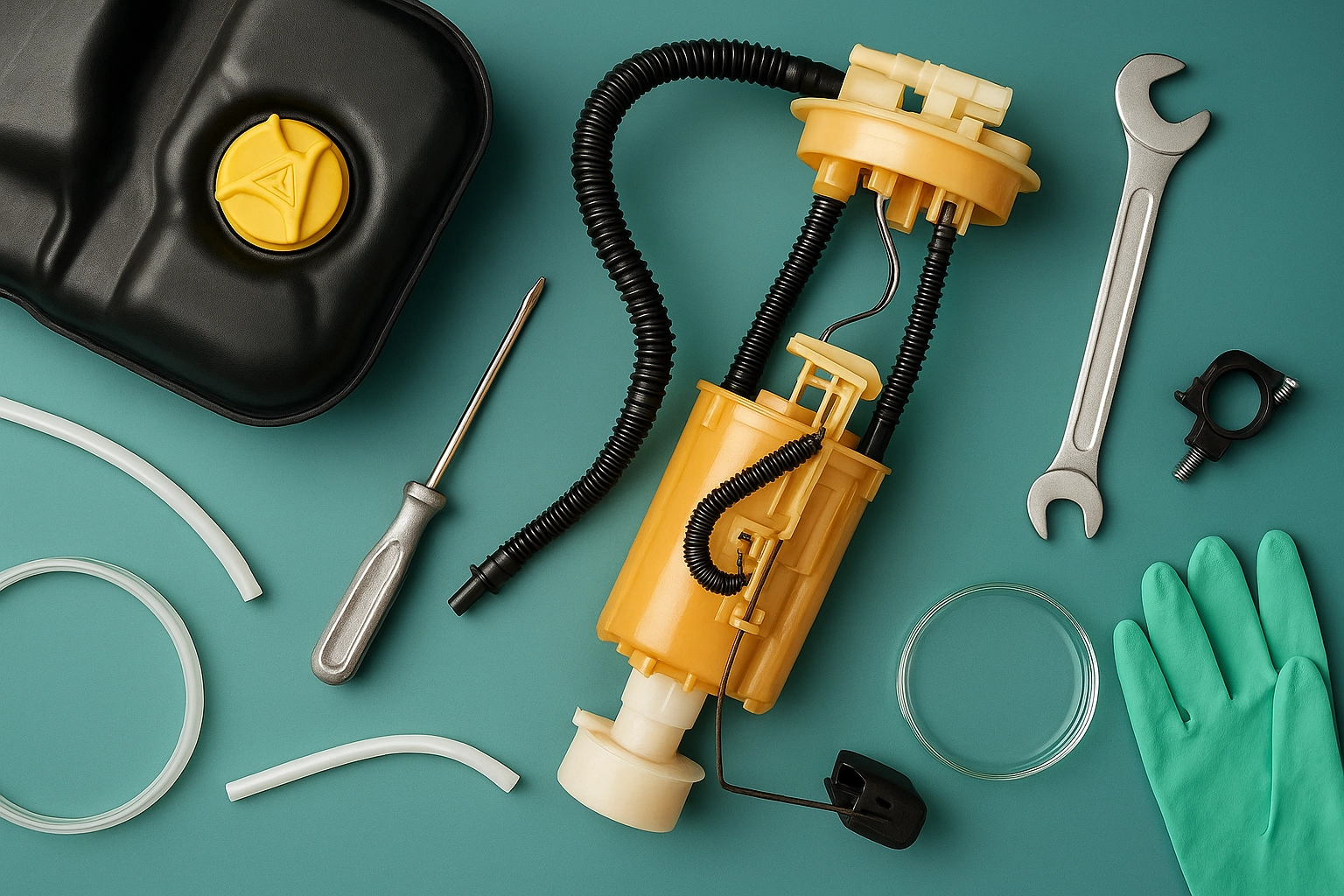SAE J2578 Fuel System Integrity Hybrid Vehicles
The SAE J2578 standard is designed to ensure fuel system integrity in hybrid vehicles. This critical testing protocol aims to prevent leaks and other failures that could compromise safety, efficiency, and environmental compliance. The standard is particularly important for hybrid vehicles as they incorporate both internal combustion engines and electric motors, which require a robust fuel delivery system.
Hybrid vehicles are characterized by their advanced fuel systems that must be rigorously tested to ensure long-term reliability. SAE J2578 focuses on the integrity of the fuel lines, tanks, and related components under various operating conditions. This includes high-pressure fuel injection systems, which can operate at pressures up to 10 MPa (approximately 1450 psi) or higher.
The testing process involves simulating real-world driving scenarios that hybrid vehicles encounter. This includes sudden acceleration, deceleration, and changes in ambient temperature. The standard also addresses the dynamic nature of fuel flow during start-up, operation, and shut-down cycles. These tests are essential to ensure that fuel systems remain leak-free under all conditions.
The SAE J2578 protocol employs a combination of static and dynamic testing methods. Static tests assess the integrity of the fuel system at rest, while dynamic tests evaluate performance during simulated driving conditions. Key parameters include pressure resistance, seal integrity, and fuel leakage rates. The standard specifies that no visible or measurable leaks are acceptable under any condition.
Hybrid vehicles often operate in extreme environmental conditions, such as cold starts and high temperatures during extended drives. These conditions can stress the fuel system to its limits. SAE J2578 ensures that all components, including fuel lines, tanks, and connectors, perform reliably under these challenging circumstances. This is crucial for maintaining vehicle safety and preventing potential hazards on the road.
The standard also considers the long-term durability of hybrid vehicles. As hybrid technology continues to evolve, ensuring consistent performance over extended periods is vital. SAE J2578 testing helps manufacturers identify potential issues early in the design process, allowing for improvements before production begins.
Testing according to SAE J2578 involves a series of rigorous procedures that simulate real-world conditions. These tests are conducted on prototypes and final products to ensure compliance with safety regulations. The protocol covers various aspects of fuel system integrity, including:
- Static pressure testing
- Dynamic flow rate monitoring
- Leak detection under multiple driving scenarios
- Thermal cycling for durability assessment
- Vibration testing to simulate road conditions
The SAE J2578 standard is part of a broader framework aimed at improving the safety and reliability of hybrid vehicles. It ensures that fuel systems are robust enough to withstand the unique demands placed on them by hybrid technology. Compliance with this standard is essential for manufacturers aiming to meet regulatory requirements and maintain consumer trust.
Hybrid vehicles are designed to minimize environmental impact, but a compromised fuel system can negate these efforts. SAE J2578 testing helps ensure that all components of the fuel system perform reliably, contributing to the overall sustainability of hybrid vehicles. By adhering to this standard, manufacturers can demonstrate their commitment to safety and environmental responsibility.
In summary, SAE J2578 is a vital test for ensuring the integrity of fuel systems in hybrid vehicles. It addresses critical aspects such as pressure resistance, seal integrity, and durability under various operating conditions. Compliance with this standard is essential for maintaining vehicle safety and reliability while minimizing environmental impact. Testing according to SAE J2578 helps manufacturers ensure that their products meet stringent quality and safety standards.
Benefits
- Ensures fuel system integrity in hybrid vehicles
- Promotes long-term reliability and durability
- Aids in identifying potential issues early in the design process
- Enhances safety by preventing leaks and other failures
- Sustains environmental compliance through efficient fuel use
- Facilitates regulatory compliance for manufacturers
- Builds consumer trust with proven reliability
Eurolab Advantages
At Eurolab, we provide comprehensive SAE J2578 testing services tailored to the unique needs of hybrid vehicle manufacturers. Our state-of-the-art facilities and experienced technical staff ensure that your fuel system integrity is rigorously assessed according to the highest industry standards.
We offer a range of testing services, including:
- Static pressure tests
- Dynamic flow rate monitoring
- Leak detection under various driving scenarios
- Thermal cycling for durability assessment
- Vibration testing to simulate road conditions
Our services are designed to help you meet stringent quality and safety standards while ensuring compliance with international regulations. By partnering with Eurolab, you can trust that your hybrid vehicles will be rigorously tested to the highest industry standards.
Competitive Advantage and Market Impact
By adhering to SAE J2578 testing protocols, manufacturers can gain a significant competitive advantage in the global market. This standard ensures that your hybrid vehicles meet rigorous quality and safety requirements, which is essential for maintaining consumer trust.
Meeting these standards can also enhance your brand's reputation as a leader in automotive innovation. Consumers are increasingly concerned about vehicle safety and environmental impact, making compliance with SAE J2578 an important factor in market success.
In addition to regulatory compliance, SAE J2578 testing can help you identify potential issues early in the design process, allowing for improvements before production begins. This not only enhances product quality but also reduces costly rework and delays.
By ensuring that your fuel systems are robust and reliable, you can build a strong reputation among industry peers and customers alike. This can translate into increased market share and long-term success in the competitive automotive industry.





